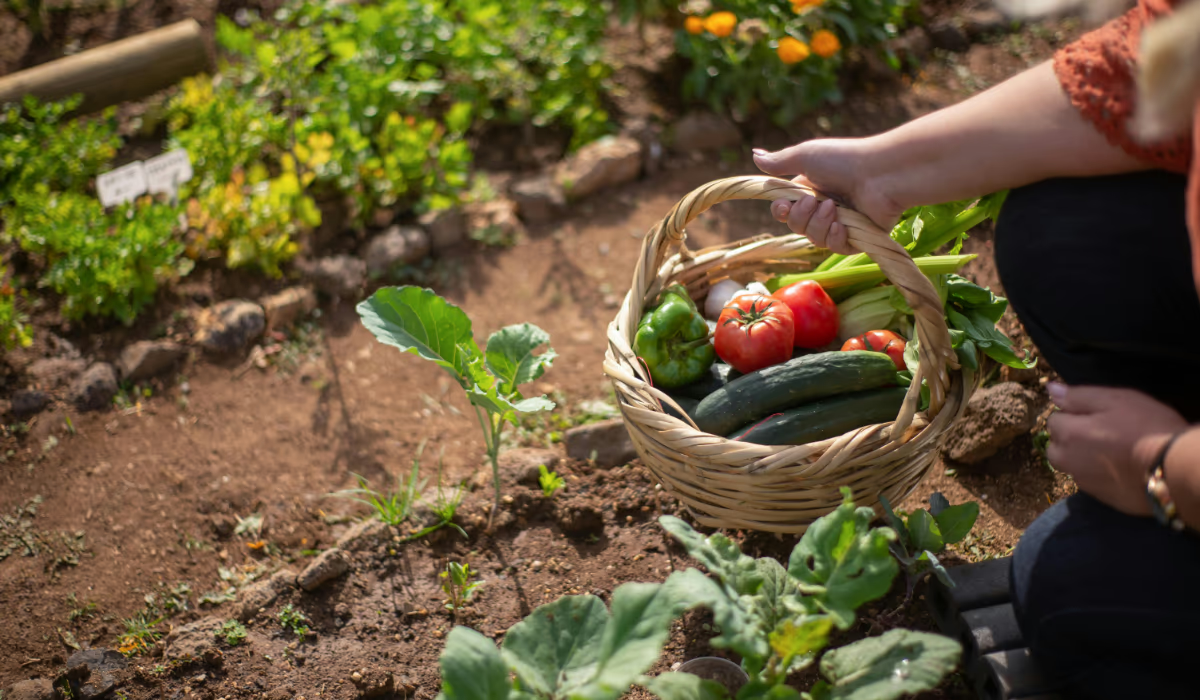When you bite into a crisp cucumber expecting mild, fresh flavor—and instead get a sharp, unpleasant bitterness—you’re not alone. Bitter cucumbers often result from a natural compound in the plant, but external stresses can push that bitterness into the fruit. Understanding the causes and how to manage them gives you a better chance of harvesting cucumbers that remain sweet and edible.
What Makes Cucumbers Bitter
Every cucumber plant contains a naturally occurring bitter chemical called cucurbitacin. Typically, cucurbitacin is concentrated in stems, leaves, and the fruit skin. Under ideal growth conditions, that bitterness stays out of the flesh you eat—but when things go wrong, it can move into the cucumber’s interior, especially near the stem end or under the skin.
Cucurbitacin is essentially a defense mechanism—it discourages pests and herbivores from eating the plant. However, when the plant is stressed (by weather, water, or soil issues), the levels of cucurbitacin can increase and spread, making the fruit taste bitter.
Common Causes of Bitter Cucumbers
Many gardeners face bitter cucumbers because of these stress factors:
- Inconsistent watering or drought: When a plant doesn’t get enough water, it becomes stressed, and bitterness rises.
- Excessive heat or cold: Extreme temperatures trigger stress responses that push bitterness into the fruit.
- Poor soil nutrition or imbalanced fertility: Weak or deficient soil makes the plant struggle, enhancing bitterness.
- Improper pollination: Sometimes incomplete or bad pollination causes bitterness in the developing fruit.
- Overmature or old fruit: Older cucumbers tend to develop bitterness, especially near the stem.
- Cucumber variety: Some varieties are more prone to producing bitterness than others.
How to Reduce or Prevent Bitterness
You can’t completely “cure” bitterness once it has developed in a cucumber, but you can minimize it and prevent it going forward:
- Peel the cucumber or remove the outer skin and cut off the stem end, where bitterness is highest.
- Rub the cut ends together and rinse. Sometimes foam appears, which is a mild bitterness you can wash away.
- Choose cucumber varieties labeled “non-bitter” or “sweet” or those bred for mild flavor.
- Maintain consistent watering—don’t let soil dry out.
- Provide balanced fertility and good soil organic matter.
- Harvest cucumbers while still young and firm (not too large or overripe).
- Shade or protect plants during extreme heat to reduce stress.
When Do Cucumbers Turn Bitter?
Bitterness often shows near the stem end and under the peel first, before affecting the whole fruit. A cucumber might have a bitter “zone” near one end while the rest remains okay. Over time, as stress continues, the bitterness can spread. That’s why early detection and preventive care matter.
Conclusion
Cucumbers turn bitter primarily because of cucurbitacin—a natural compound pushed into the fruit when the plant is under stress. While you may reduce bitterness by peeling, cutting ends, or selecting better varieties, the real solution lies in stable growing conditions: consistent water, good soil nutrition, appropriate temperature, and timely harvest. With those in place, you’ll be more likely to enjoy crisp, mild cucumbers instead of unpleasant surprises.
FAQs
Why do cucumbers taste bitter sometimes and fine other times?
Because bitterness develops in response to stress. If conditions are favorable most of the time but occasionally stressed (heat, drought), bitterness might appear in some fruits but not others.
Is a bitter cucumber safe to eat?
Mild bitterness isn’t usually harmful, but if a cucumber tastes strongly bitter, better to discard it. The bitterness comes from a defense compound not meant for consumption.
Does peeling a cucumber remove the bitterness?
Yes, peeling removes the outer skin where bitterness is often strongest. Also cutting off the stem end helps, since that’s where the compound concentrates.
Which cucumber varieties are less likely to get bitter?
Those labeled “non-bitter,” “sweet,” or “burp-less” tend to have lower levels of cucurbitacin and resist bitterness under stress.
Can environmental stress alone make a usually mild cucumber bitter?
Yes. Even a variety bred to be mild can go bitter if the plant experiences drought, heat, nutrient deficiency, or other stresses.







